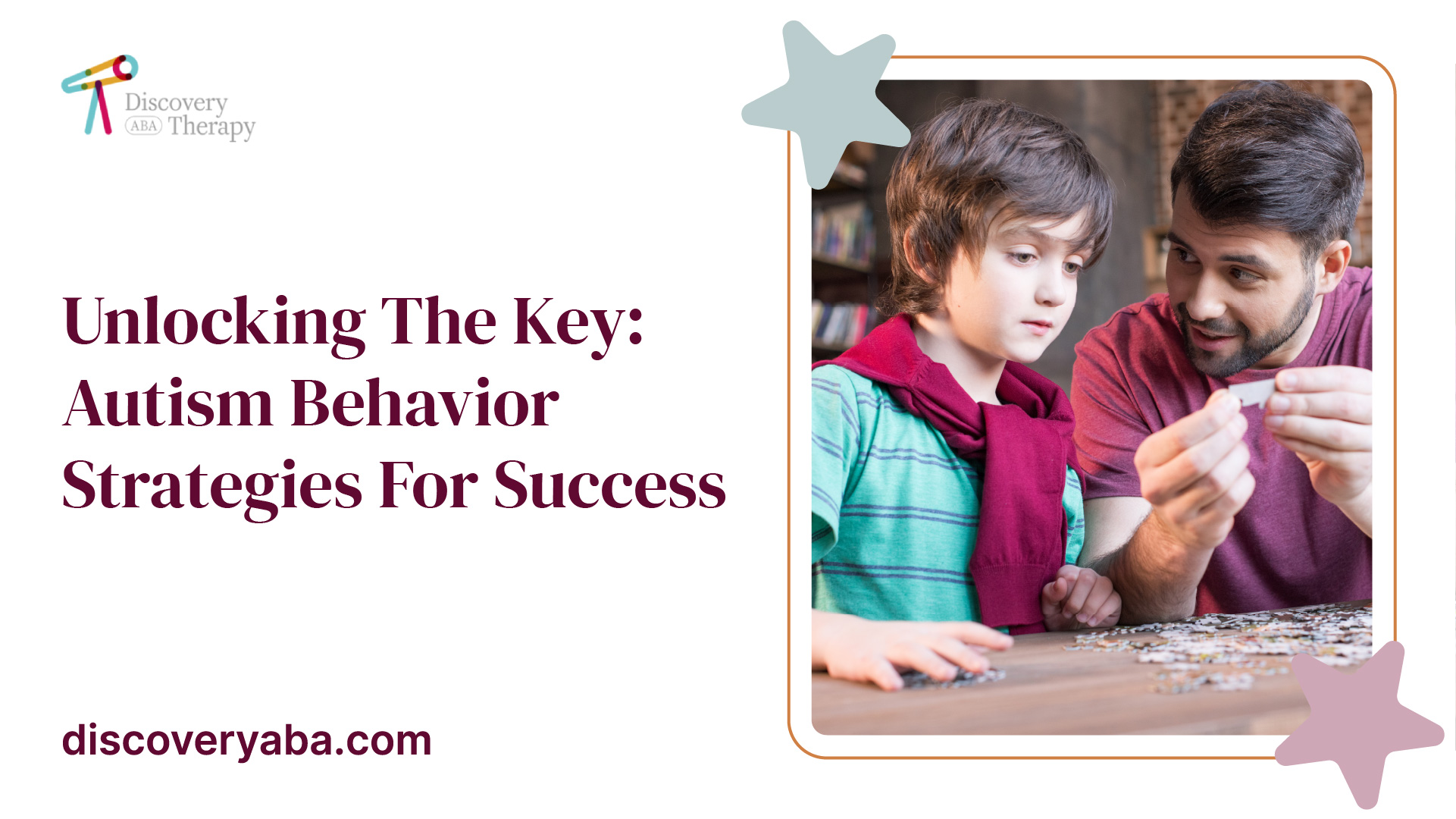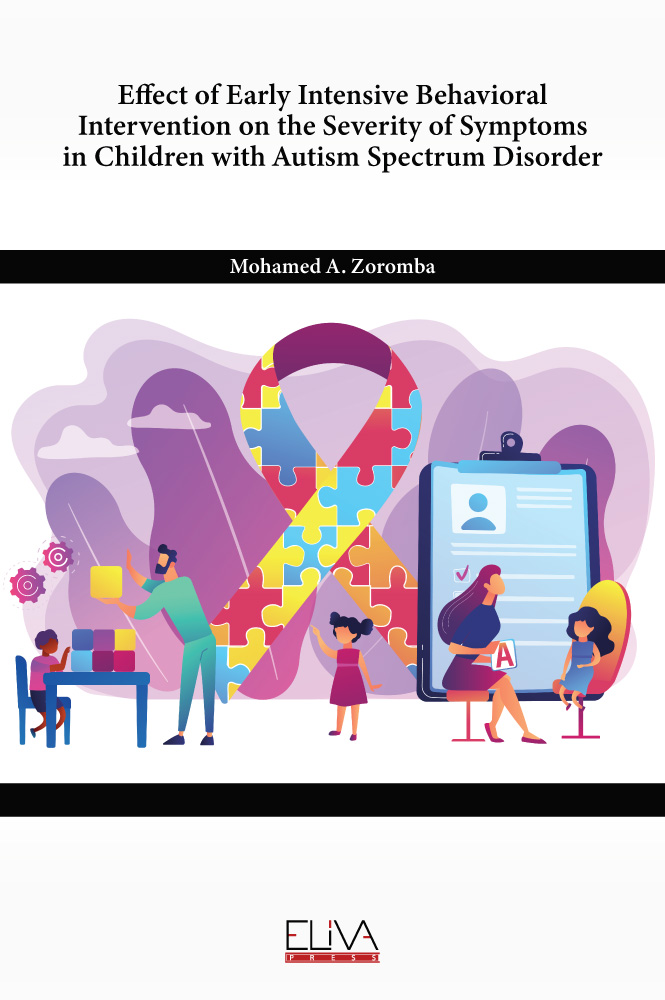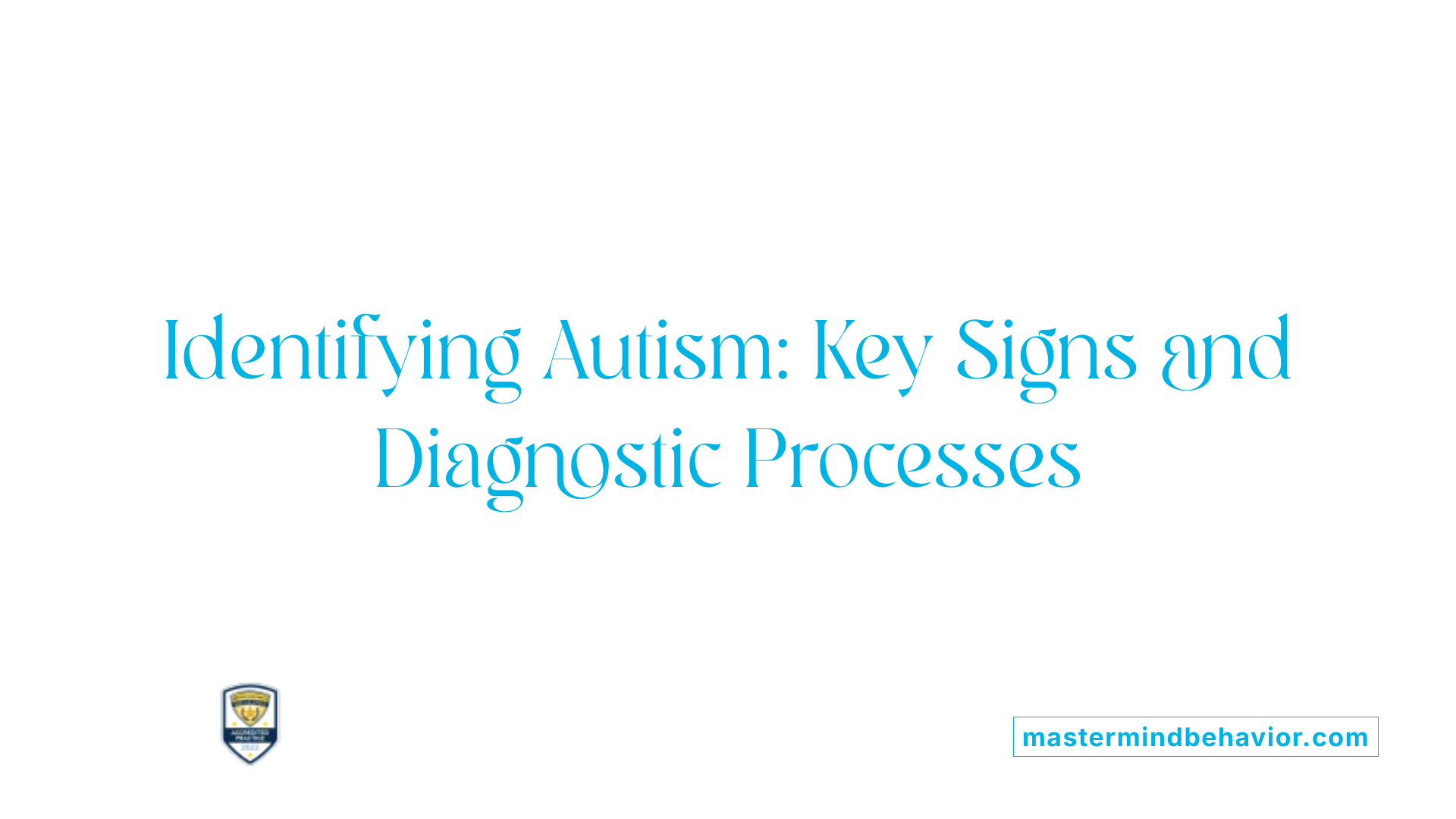What’s involved when working with an Autism Behavioral Therapy approach plan
What’s involved when working with an Autism Behavioral Therapy approach plan
Blog Article
Trick Signs and Signs And Symptoms to Acknowledge in Individuals With Behavior Autism
When you run into somebody with behavioral autism, acknowledging key symptoms and signs is essential. You could discover challenges in social interactions and interaction, in addition to a solid demand for routines. Additionally, sensory sensitivities can lead to frustrating experiences. Understanding these traits can boost your support and treatments, yet there's more to discover regarding just how these behaviors manifest in day-to-day scenarios. Let's explore what these indicators truly resemble.
Difficulties in Social Communications
When you engage with somebody on the autism range, you could notice they have a hard time with social cues and interaction. These obstacles can make social interactions feel frustrating for them.
In addition, you may find that they prefer routines and acquainted settings, which can limit their determination to take part in new social scenarios. When they do engage, they may speak about their interests in excellent detail without seeing if you're interested. This can lead to prejudiced discussions that leave you really feeling disconnected. Recognizing these difficulties can assist you come close to interactions with compassion and perseverance, fostering a more comfortable atmosphere for both of you.
Problem With Verbal and Non-Verbal Interaction

Non-verbal communication can be much more difficult. You may see a lack of eye contact or limited use motions, which can make communications feel unpleasant. Faces may not constantly line up with the discussion, causing confusion concerning their sensations. Acknowledging these indications is essential, as it assists you better support and involve with people on the autism spectrum. By recognizing their communication challenges, you can promote extra purposeful links and give a more supportive atmosphere.
Repeated Behaviors and Routines
Communication difficulties typically go along with various other indicators of autism, such as recurring behaviors and a solid preference for routines. You may discover that people with autism often participate in specific, repetitive actions, like hand-flapping, rocking, or duplicating expressions. These habits can give comfort and a sense of control in a typically frustrating world.
Routines are similarly crucial; several individuals grow when they follow a structured schedule. You may locate that changes to these routines can cause considerable distress. As an example, if they have a daily routine of consuming morning meal at a details time or adhering to a particular route to college, any interruption can create stress and anxiety.
Recognizing these patterns aids you recognize their actions and give assistance. By accommodating their need for routine and enabling repeated actions, you can produce a more comfortable atmosphere that alleviates their challenges.
Sensory Level Of Sensitivities

Usual Sensory Triggers
Sensory sensitivities can considerably impact every day life for people with autism, as particular stimuli often cause overwhelming reactions. Common sensory triggers consist of loud noises, intense lights, and strong scents. You may see that abrupt sounds, like alarms or sirens, trigger stress and anxiety or distress. In a similar way, fluorescent lights in stores can feel rough and uncomfortable. Appearances can likewise play a substantial duty; harsh materials or certain food textures might be excruciating for you. In addition, crowded areas can bewilder your senses, making it difficult to kick back or concentrate. Recognizing these triggers can assist you manage your atmosphere better. By being mindful of what affects you, you can take steps to reduce discomfort and boost your everyday experiences.
Behavioral Responses Discussed
Comprehending your behavioral responses to sensory level of sensitivities is important, as they frequently expose how you communicate with the world. You might likewise find yourself seeking certain sensory experiences, like deep pressure or silent atmospheres, to assist ground yourself. Recognizing these patterns helps you comprehend your requirements better and can lead exactly how you communicate them to others.
Coping Approaches Overview
Identifying your sensory sensitivities is just the very first step; now it's time to explore coping strategies that can help you take care of those experiences properly. Beginning by creating a sensory toolkit tailored to your needs. This could include noise-canceling headphones, fidget toys, or soothing fragrances. Establishing an organized regimen can likewise offer predictability, decreasing stress and anxiety around sensory overload. Take breaks in a peaceful space to collect yourself when you really feel overloaded. Practicing mindfulness strategies such as deep breathing can help ground you in the minute. Additionally, interact your needs with those around you; having helpful loved ones can make a huge distinction. Keep in mind, finding what works best for you might take time, so be open and patient to attempting new methods.
Restricted Passions and Emphasis
While several individuals create a large range of passions, those with autism usually demonstrate limited passions and an intense emphasis on particular topics. You could see that a person with autism can spend hours delving into their favorite topic, whether it's a particular kind of train, a details flick, or a scientific principle. This extreme emphasis isn't just a hobby; it can come to be a central part of their identity and social communications.
You may locate that conversations revolve around these passions, and they may have a hard time to participate in broader topics. For them, these focused interests provide comfort and a feeling of mastery. While it is essential to urge expedition of brand-new subjects, appreciating their interests is similarly essential. By recognizing and recognizing these restricted rate of interests, you can foster a helpful setting where they feel valued and recognized, permitting for even more significant connections and communications.
Emotional Law Troubles
People with autism usually deal with difficulties in emotional guideline, which can be influenced by their intense concentrate on certain passions. You could notice that when an individual is deeply involved in a preferred activity, they can experience strong emotions, whether enjoyment or disappointment. When points don't go as planned., this strength sometimes makes it hard for them to move equipments or handle their sensations - Aba Therapist Near Me.

Irregularity in Developmental Landmarks
When it involves developing landmarks, you'll notice that individuals with autism frequently reveal a variety of irregularity. Some might hit landmarks on schedule, while others may delay behind or development at a various pace. For example, you might see a child master language abilities but fight with social communications. This variance can be confusing, as typical standards do not constantly use.
It's vital to recognize that each individual's trip is distinct. Some may create complex skills early, just to encounter difficulties later. Others might take longer to attain standard landmarks however after that flourish in particular areas. Observing these patterns can help you understand their strengths and needs better.
Frequently Asked Questions
Just How Is Autism Diagnosed in Kid and Adults?
To diagnose autism in children and adults, specialists evaluate behavior, communication skills, and social communications. They often utilize standard tests, interviews, and observations to determine if a specific satisfies the requirements for autism spectrum disorder.
Are There Different Kinds of Autism Spectrum Disorders?
Yes, there are various kinds of autism range problems, consisting of Asperger's disorder and pervasive developing disorder-not otherwise defined. Each type differs in seriousness and qualities, so understanding these distinctions can assist you better support people with autism.
What Treatments Work for Individuals With Autism?
When thinking about effective therapies for people with autism, you'll locate options like Applied Habits Analysis, speech treatment, and work therapy. Each method can aid boost interaction, here social skills, and daily working customized to individual demands.
Can People With Autism Lead Independent Lives?
Yes, individuals with autism can lead independent lives. With the appropriate support, skills training, and resources, you can help them establish self-sufficiency, handle day-to-day tasks, and grow in various atmospheres, promoting their self-reliance.
Just How Can Households Assistance Enjoyed Ones With Autism?
You can sustain your enjoyed ones with autism by creating an organized atmosphere, motivating their passions, practicing perseverance, cultivating communication, and advertising social abilities. Celebrate their success, despite exactly how little, and develop a helpful area.
Although numerous people on the autism spectrum can use and understand language, they often deal with significant difficulties with both verbal and non-verbal interaction. Acknowledging these indicators is important, as it assists you better assistance and engage with people on the autism range. You could discover that individuals with autism commonly involve in specific, repeated actions, like hand-flapping, shaking, or duplicating expressions.Sensory level of sensitivities can considerably influence day-to-day life for people with autism, as certain stimulations usually trigger frustrating responses.When it comes to developing landmarks, you'll observe that individuals with autism frequently reveal a vast array of variability.
Report this page